By the time you read this, it’ll be Thanksgiving, people in the U.S. will be gorging on food and trying not freak out on their families. As I will definitely be one of those people, I thought it best I try and jump on the weekly post train early in hopes of bringing you something to read while trying to escape good ol’ Uncle Jim’s terrifying opinions about the state of the country.
So, yeah. Don’t listen to that: read this!
SENSATION COMICS #14 and #15 (DIGITAL): FINALLY, the Gilbert Hernandez story they’ve been teasing us with since this series was announced! Interestingly, it’s a little more modern than I would’ve expected, in that Beto’s story has Wonder Woman falling under the control of Kanjar Ro (and space-villain-slash-anthropomorphic-lizard-warthog Sayarr) and punching it out with Supergirl (and then, in part two, Mary Marvel). If this had been drawn by, say, Drew Johnson and inked by Ray Snyder, who did some very lovely work in issues #12 and #13 (albeit a little high on the “exposition asscrack” shots), it might’ve fit in a bit too well with the New52’s current “a pinch of charm, slather on the mayhem” approach. Wonder Woman even says stuff like “well, now—learn your last lesson and join the rest of the Kryptonian dead, little girl!” Admittedly, she’s mind-controlled for the majority of the issue, but she’s kind of a little…bitchy in a lot of this.
Fortunately, Beto’s art takes the sting out of Beto’s writing, and John Rauch does a great job coming up with a deceptively simple color scheme that avoids any kind of pop art cliches but still keeps the art looking simple and charming. And although his Wonder Woman is an enjoyably broad-shoulder cartoon and his Supergirl is lovingly nostalgic (she’s got the blue skirt, no exposed belly look of her first appearance), it’s his Mary Marvel that looks truly fantastic, with scrawny arms and a broad expressive face. Despite my repeated clamoring for this story, I generally prefer indie cartoonists to continue to do their own thing (especially when that thing is as weird and as frequently great as Gilbert Hernandez’s), but man do I kind of wish DC would greenlight a Beto-written and drawn Marvel Family epic. That could be pretty fantastic. This was….Very Good, and at $1.99 to get the whole thing, well worth the price and wait.
KING OF EXTREME COOKING VOL. 1: After the Fumi Yoshinaga cooking comics misadventure which brought me one step farther away from the stove and one step closer to the fact of my impending death, I cast about to find some sort of cooking manga like the one that’d started my love for the genre: Iron Wok Jan, the series that proved that cooking manga doesn’t even have to be good to be great. I probably should’ve just done my due diligence, figured out what the last volume of Yakitate! Japan I’d read and then checked out more of the same from the library, but instead I found myself over at Emanga.com, the Internet’s one stop yaoi/hentai/Tezuka [??] shop for ereaders and impulse-purchased the first volume of King of Extreme Cooking by Shigeru Tsuchiyama.
Unfortunately, KoEC is less of a cooking manga, and more of a restaurant management manga, the first half of the volume concerns Ryosuke, a down-on-his-luck ramen shop owner about to get crushed by the mega-successful Kuchifuku House chain. Fortunately, Yuiko, the geisha in training who has a crush on him, saves up her money to buy the services of restaurant consultant, Toshizou Kitagata, a fancy-jacket-wearing dude who looks like he just escaped from a fighting manga. (Or maybe I just think that because I spent most of my time wishing someone would punch him in the face.) Kitagata has harsh words for poor Ryosuke—lots and lots of harsh words—but manages to completely make over Ryosuke’s lax approach to customer service as well as his restaurant, turning it into an inexpensive stand-up restaurant with bowls of all-you-can-eat food.
That’s all well and good, but I wanted, I dunno, a cooking competition where someone sprinkles a mystery ingredient on pickled goat intestines causing it to wriggle and do the “Mysterious Pickled Goat Intestine Dance!” which the judges find irresistible and can’t help but yelling superlatives and expositions at one another. That shouldn’t be so hard, should it?
Oh, and I’m not crazy about the PDF arrangement of this book where the individual pages read right-to-left, but the book itself is read left-to-right, thus effing in the A any bleedover spreads. I’m sure if I was reading porn this may not be such a big deal but…do they really expect me to read Tezuka this way?
[And as long as I’m asking the questions: is there anything really worth getting at Emanga? Despite my grousing about the format, I’m so in the mood for some decent second-rate manga that isn’t written for thirteen year old boys that I’d happily overlook the limitations if there was something worthy…]
THE FILTH #1 and BATMAN #701 and #702: I re-read these digitally, having picked them up in recent Comixology sales (there will come a terrifying time in the not-too-distant future where Comixology will have a Batman sale and I’ll have all the issues) and a few things struck me:
(1) The Filth looks gorgeous digitally, oh my god, you guys. I love Chris Weston’s art (and this is the book that taught me to love it) . But on a fancy-dan iPad? Holy hell, do Matt Hollingsworth’s colors kick this book up to a whole another level of bad drug trip authenticity. The colors of the wallpaper and the bathroom tiles in Greg Feely’s flat are simultaneously utterly authentic and otherworldy. It’s a nasty piece of work, The Filth, but the digital color gives it an extra level of wallop. How this ties into The Function of The Filth’s observations about experiencing the work, I really can’t say for sure: the issue seemed much funnier than I remembered it being? Maybe the closer the comic comes to being viewed on the same device as mindless Hollywood product, the easier it is to see it as a bracingly mean dust-up of same?
(2) Speaking of which, I didn’t really notice until this time around how much the first issue of The Filth is more or less exactly the first issue of Mark Millar’s Wanted: miserable man trapped in a dead-end existence is (re)activated by a woman of color who comes bearing the news of his true legacy and delivers him unto a wilder, even darker plane of being. Doesn’t it stand to follow that there’s so much to be inferred about the differences between G-Mo and M-Mill that Millar’s protagonist is young, blond dead ringer for a white-hot rapper and Morrison’s is a balding wanker whose closest friend is his cat? No matter how much Morrison cranks up the hyper-uglies here, his heart is still with the loser, and convinced the loser’s life is of infinite importance.
(3) Going from The Filth #1, where Greg Feely wakes up to his real life, and Batman #701 and #702, where Batman fills us in on how he got from the pages of R.I.P. and into the pages of Final Crisis, made me realize that I am heavily disinclined to diss Morrison for attending to the same themes in his work over and over. I would pay good money to read the book Chris Weston draw the issue of Batman where lecherous boozer Bruce Feely is snapped out of the Scarecrow’s spell by the appearance of cat-headed Selina Kyle at some third string comic book convention (no, wait, not Bruce Feely…it should be Bob Kane, shouldn’t it?) But, in a way, jumping from The Filth #1 to Batman #701 kinda gave that same kind of frisson.
(4) maybe I’ll end up re-reading Batman, RIP? Based on #701 and #702, the whole thing seems like it’d be much more fun to re-read than to read. Also, can we start a Kickstarter to get David Uzumeri enough money that he can go and write the book-long analysis of Grant Morrison’s run on Batman? I don’t know if that shit is more or less aching to be written, but I sure as hell am aching to read that shit.
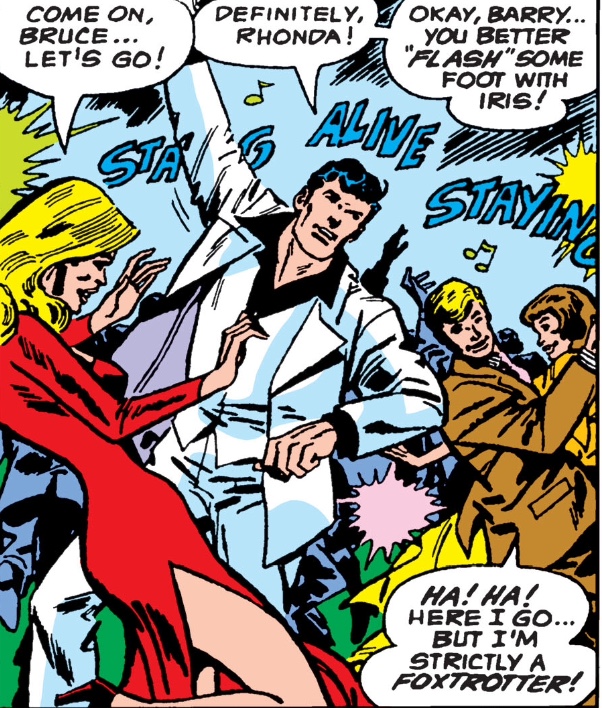
“Whether you’re a BROTHER…or whether you’re a MOTHER! Batman knows a thing or two about STAYING ALIVE!”
THE BRAVE AND THE BOLD #151: Finally, I read a Bob Haney and Jim Aparo story called “Disco of Death,” wherein Batman and The Flash team up to fight, yes, a disco that is killing people. It has a Phatom of the Opera figure in a disco, The Flash being saved by his own superspeed in a stunning example of Bob Haney and Jim Aparo clearly not giving a shit how superspeed works, a great flashback pastiche of They Shoot Horses, Don’t They?, and Batman throwing three sticks of dynamite at fleeing thugs, while saying “Got to lob this just right…don’t want…to kill them!” It’s an amazingly dumb comic, and an absolute delight, and I didn’t have to read from right to left.
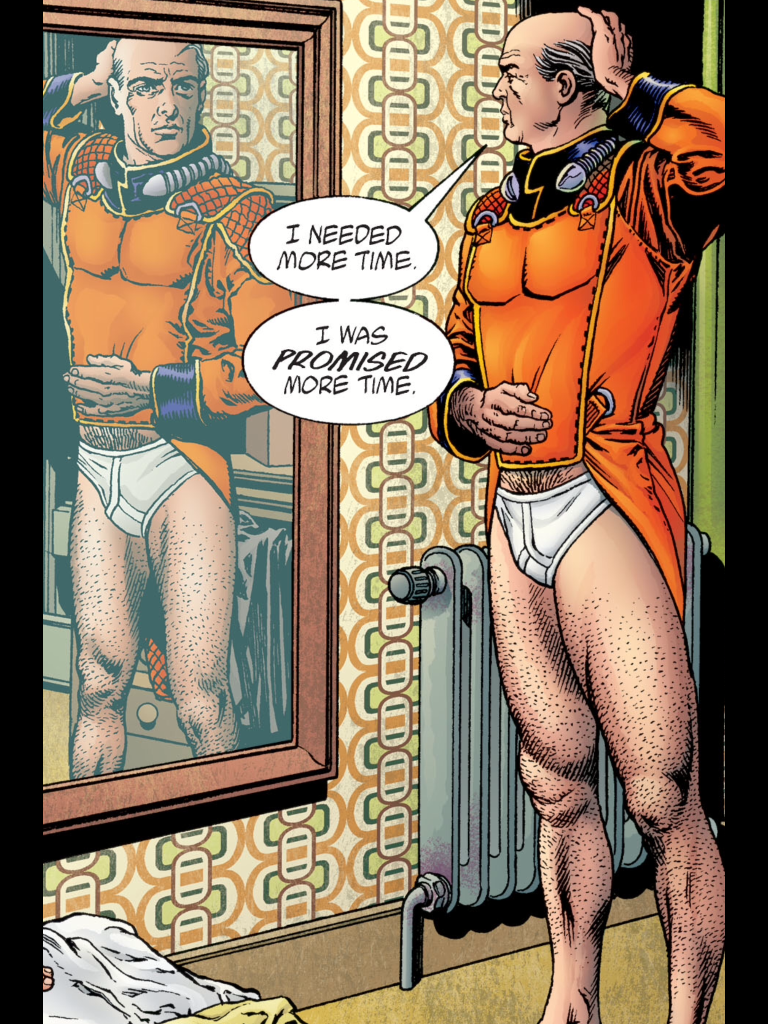
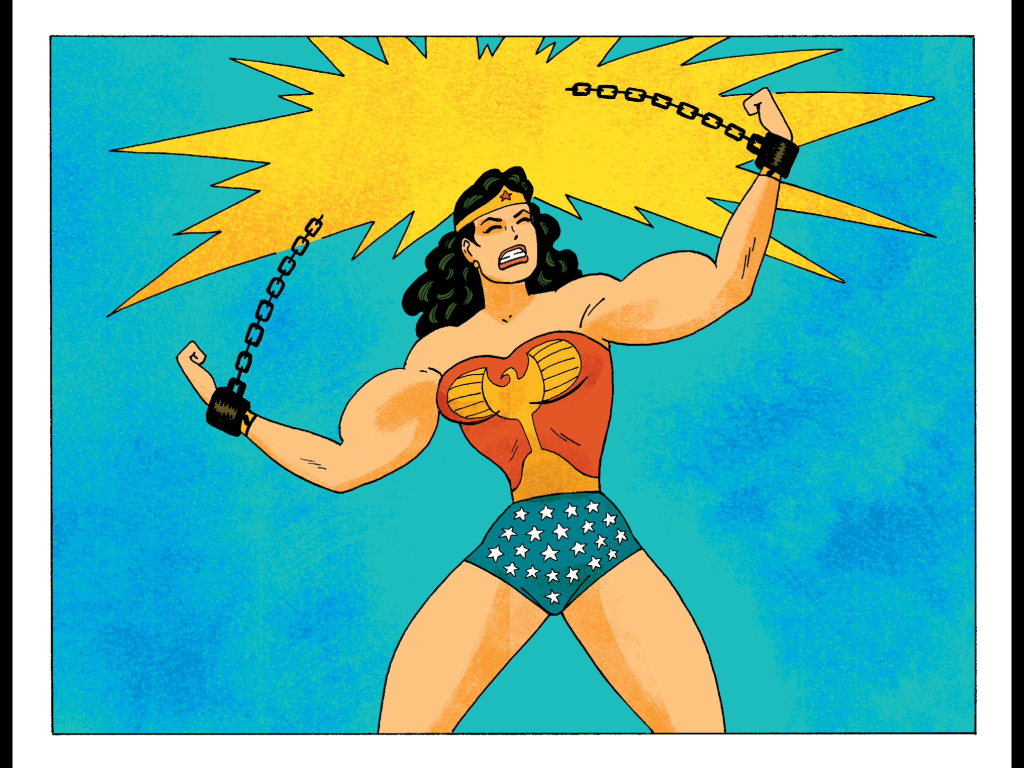
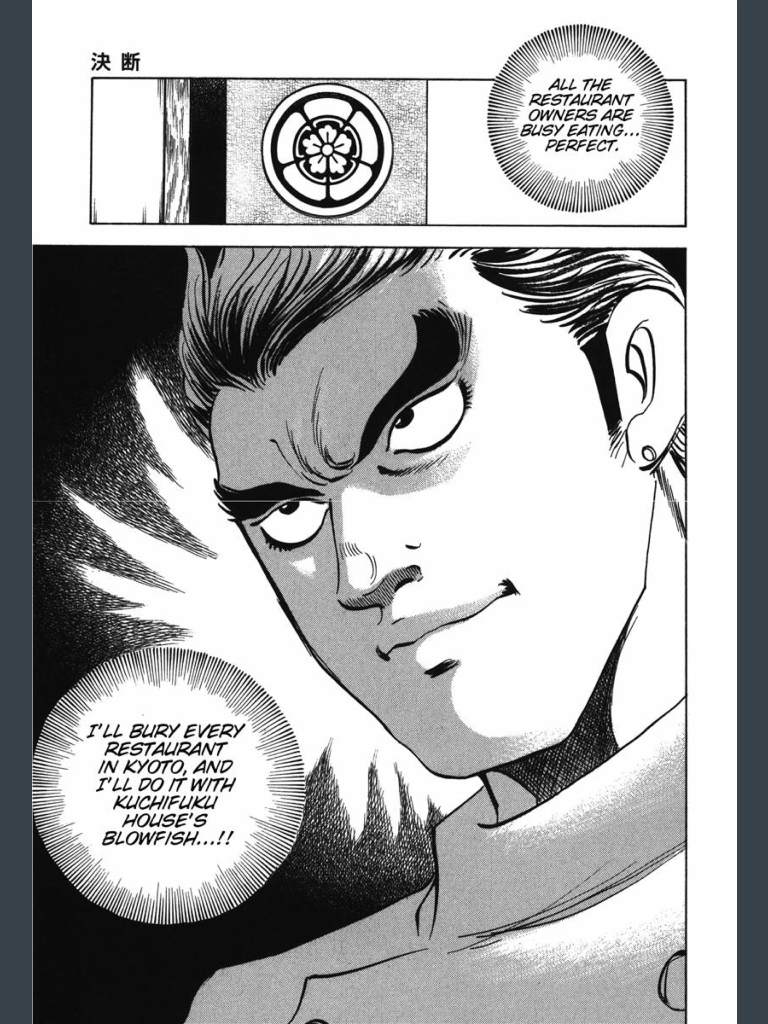
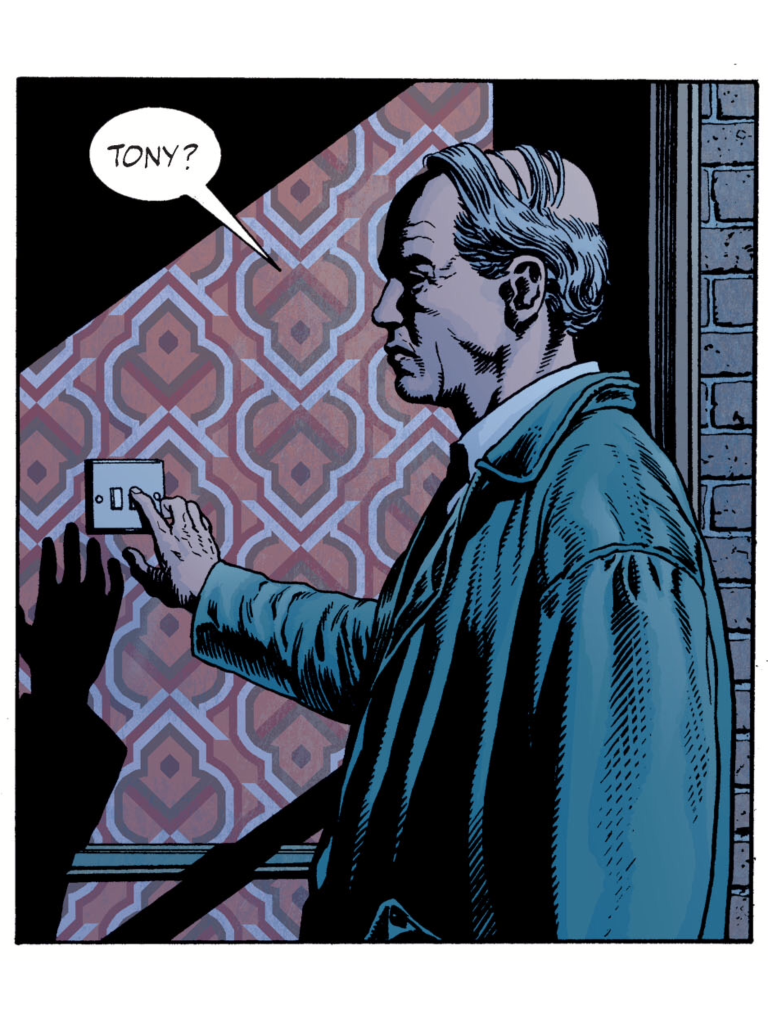
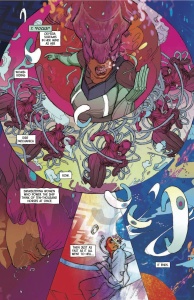 All of which is a long-winded way of getting around to admit that I have no idea whether or not Ody-C #1 is any good or not.
All of which is a long-winded way of getting around to admit that I have no idea whether or not Ody-C #1 is any good or not. (The art is fascinating to me, I admit; Ward is, if nothing else, a wonderful colorist and an ambitious penciler, but there are moments here where it just doesn’t come together and the result feels more disappointing as a result of his ambition than it would from other artists; the wide shot on the 11th page, for instance, features faceless characters whose positioning is stiff and unnatural. Elsewhere on that same page, indistinct lifework is given form by the colors, which feel as if they’re overpowering the lines instead of supporting them. Throughout the entire book, it’s simultaneously ugly and beautiful, and I can’t quite figure out what to make of it. It reminds me of a bad trip version of Fiona Staples’ work at times, and I’m not even sure if that’s a compliment or an insult.)
(The art is fascinating to me, I admit; Ward is, if nothing else, a wonderful colorist and an ambitious penciler, but there are moments here where it just doesn’t come together and the result feels more disappointing as a result of his ambition than it would from other artists; the wide shot on the 11th page, for instance, features faceless characters whose positioning is stiff and unnatural. Elsewhere on that same page, indistinct lifework is given form by the colors, which feel as if they’re overpowering the lines instead of supporting them. Throughout the entire book, it’s simultaneously ugly and beautiful, and I can’t quite figure out what to make of it. It reminds me of a bad trip version of Fiona Staples’ work at times, and I’m not even sure if that’s a compliment or an insult.)

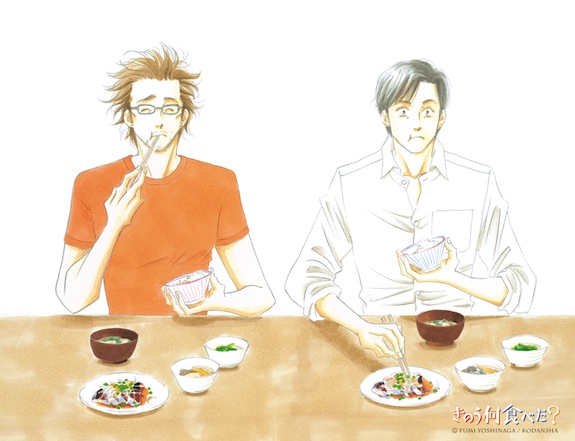
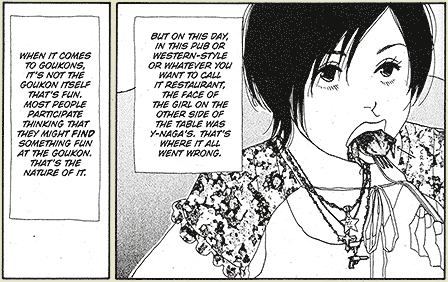
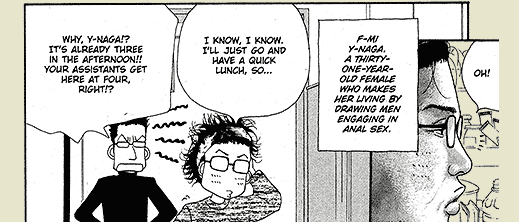
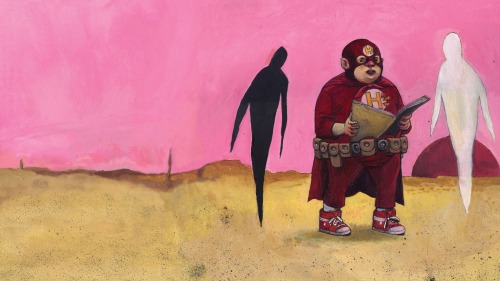
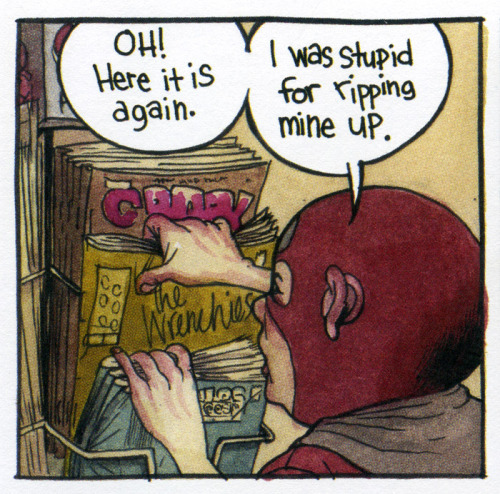
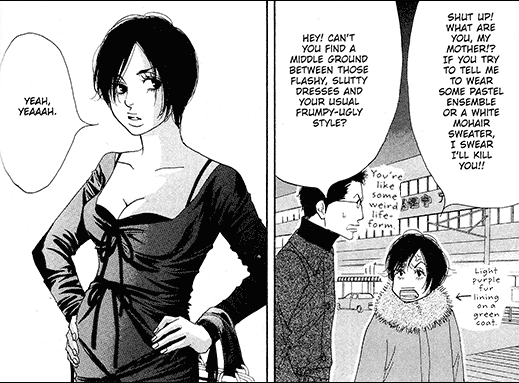
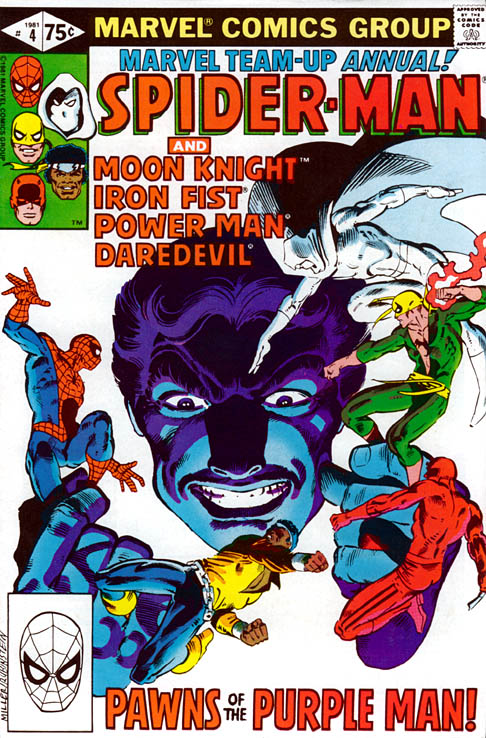
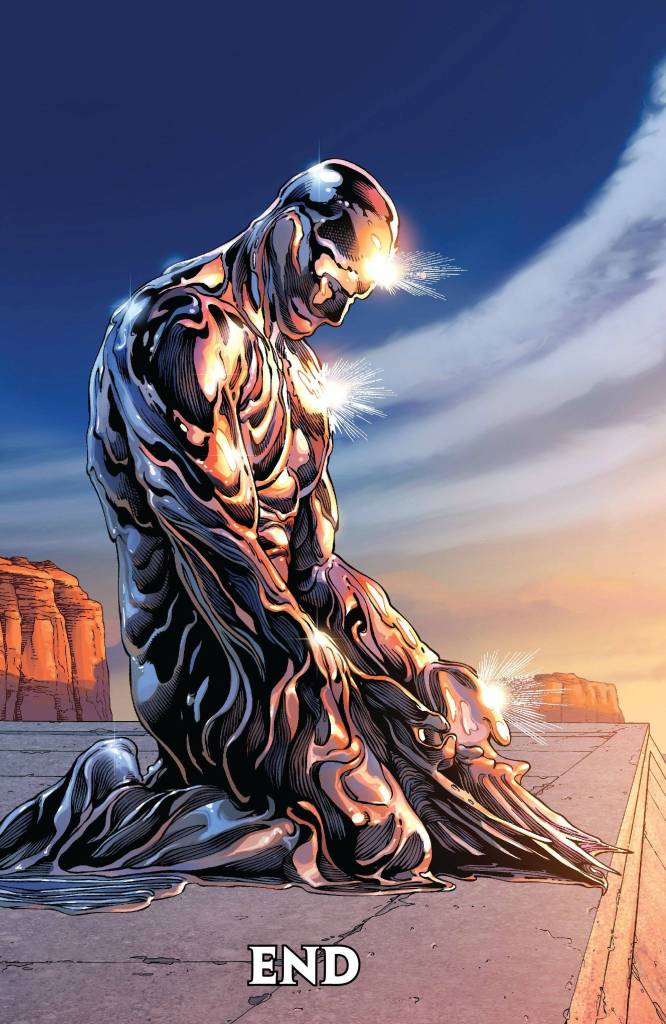
 So, I caved; after the discussion about Hank Pym’s character arc in the Roger Stern issues of Avengers — and, specifically, the fact that Stern actually manages to give Hank some closure and, potentially, bring the character himself to an end — I went back to the library to pick up the Steve Englehart West Coast Avengers collections and see just where things went wrong afterwards. Spoilers: It’s at the very tail end of the second collection, and it comes out of nowhere.
So, I caved; after the discussion about Hank Pym’s character arc in the Roger Stern issues of Avengers — and, specifically, the fact that Stern actually manages to give Hank some closure and, potentially, bring the character himself to an end — I went back to the library to pick up the Steve Englehart West Coast Avengers collections and see just where things went wrong afterwards. Spoilers: It’s at the very tail end of the second collection, and it comes out of nowhere.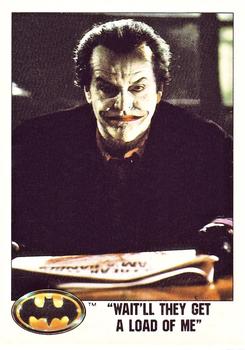
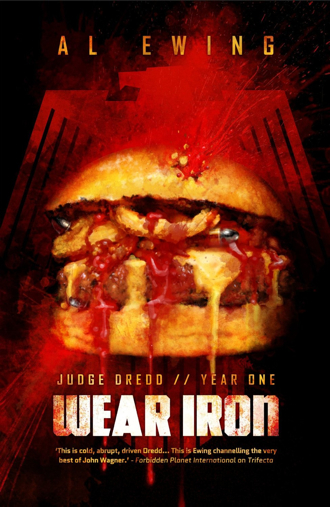 I can tell you exactly when I went from enjoying Wear Iron — the third in the series of Judge Dredd: Year One eBooks from 2000AD sister company Abaddon Books — to loving it. It’s the start of the third chapter, when the narrator decides to give a brief history of Inferno, the sport of the future that died a sudden death.
I can tell you exactly when I went from enjoying Wear Iron — the third in the series of Judge Dredd: Year One eBooks from 2000AD sister company Abaddon Books — to loving it. It’s the start of the third chapter, when the narrator decides to give a brief history of Inferno, the sport of the future that died a sudden death.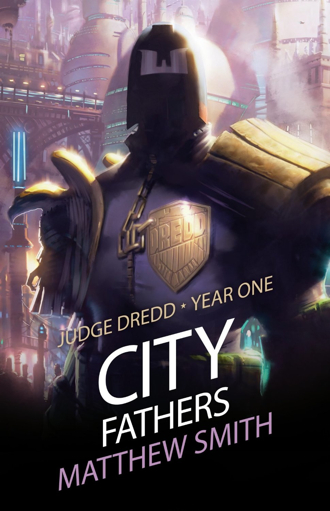 It’s also a period that allows Dredd’s clone brother, Rico, to be part of proceedings before he gets arrested and sent to Titan (Spoilers, for those who don’t know their Dredd history). To varying degrees, Rico’s a presence in all three of the stories, a corrupt clone who’s both a perfect foil for the stoic, humorless Dredd and also a time bomb waiting to go off. He’s a great character, and his appearance here will make you want to see more of him; thankfully, Carroll’s already launched a prose series about his time on Titan with this year’s The Third Law. (It also sent me back to re-read Rico’s comic book debut, Prog 30’s “The Return of Rico,” which is
It’s also a period that allows Dredd’s clone brother, Rico, to be part of proceedings before he gets arrested and sent to Titan (Spoilers, for those who don’t know their Dredd history). To varying degrees, Rico’s a presence in all three of the stories, a corrupt clone who’s both a perfect foil for the stoic, humorless Dredd and also a time bomb waiting to go off. He’s a great character, and his appearance here will make you want to see more of him; thankfully, Carroll’s already launched a prose series about his time on Titan with this year’s The Third Law. (It also sent me back to re-read Rico’s comic book debut, Prog 30’s “The Return of Rico,” which is 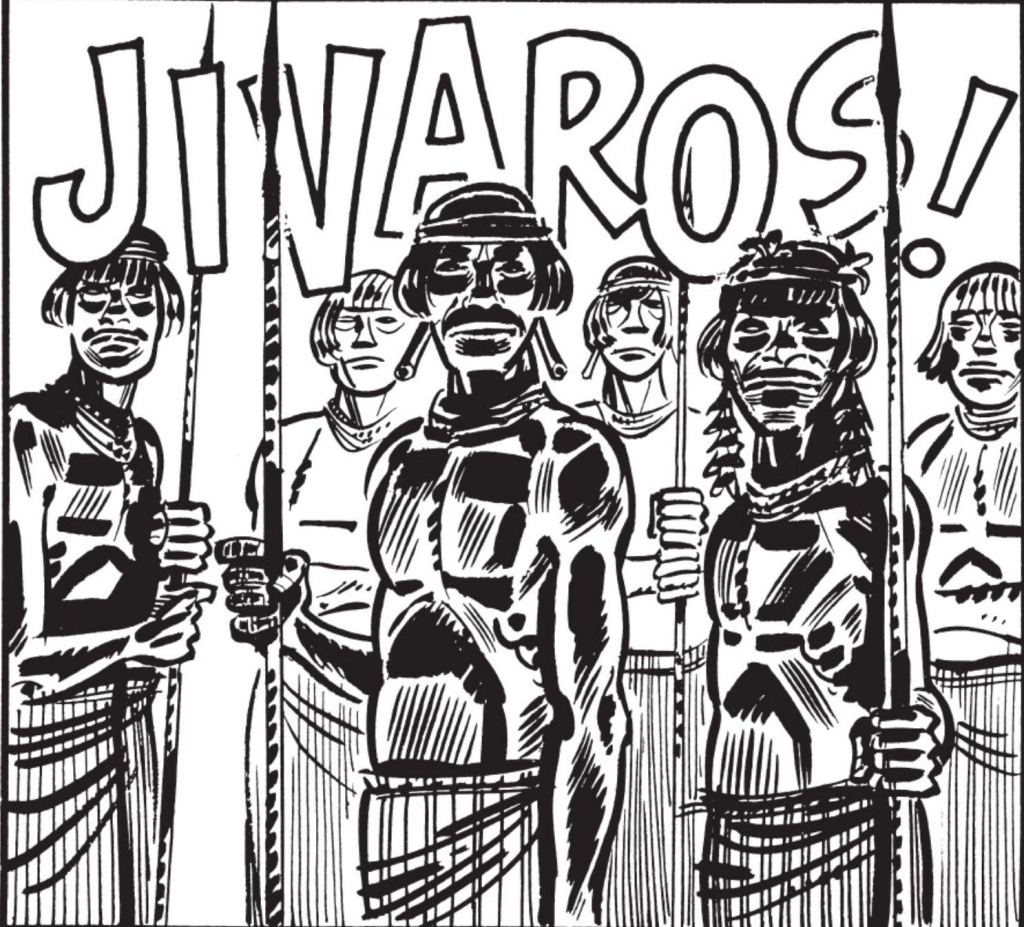
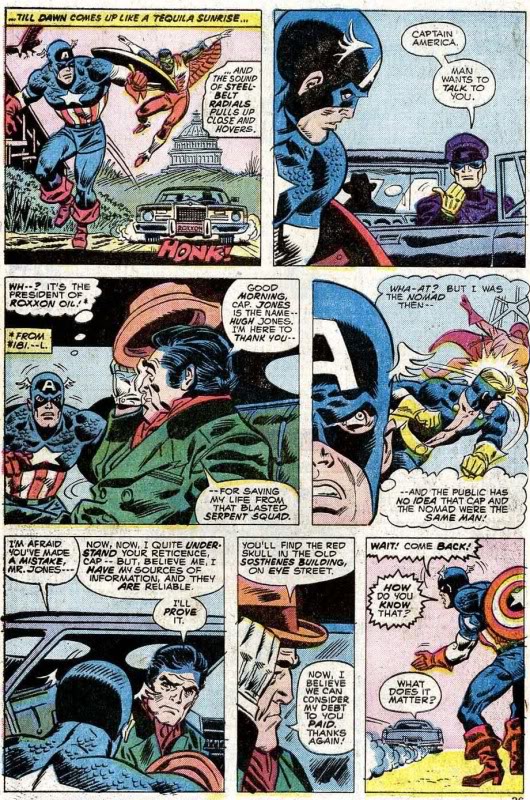
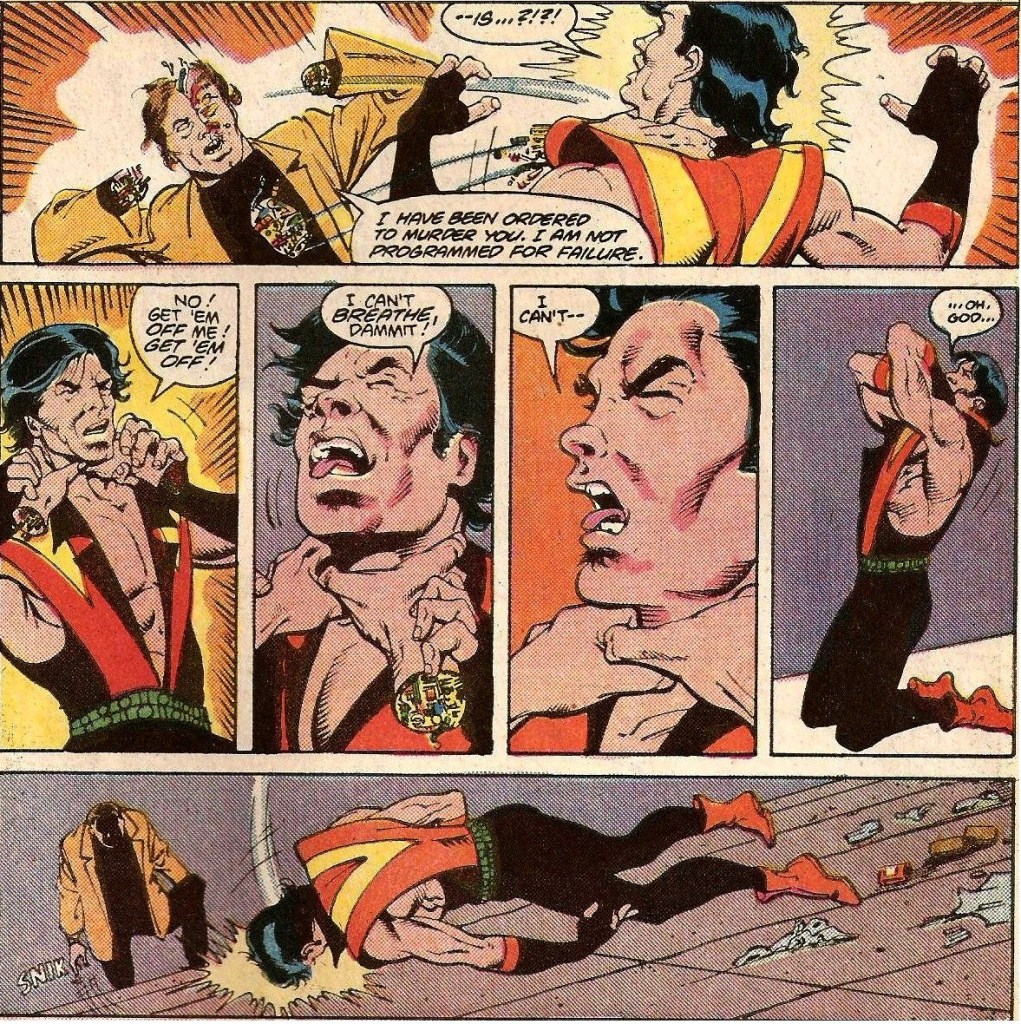
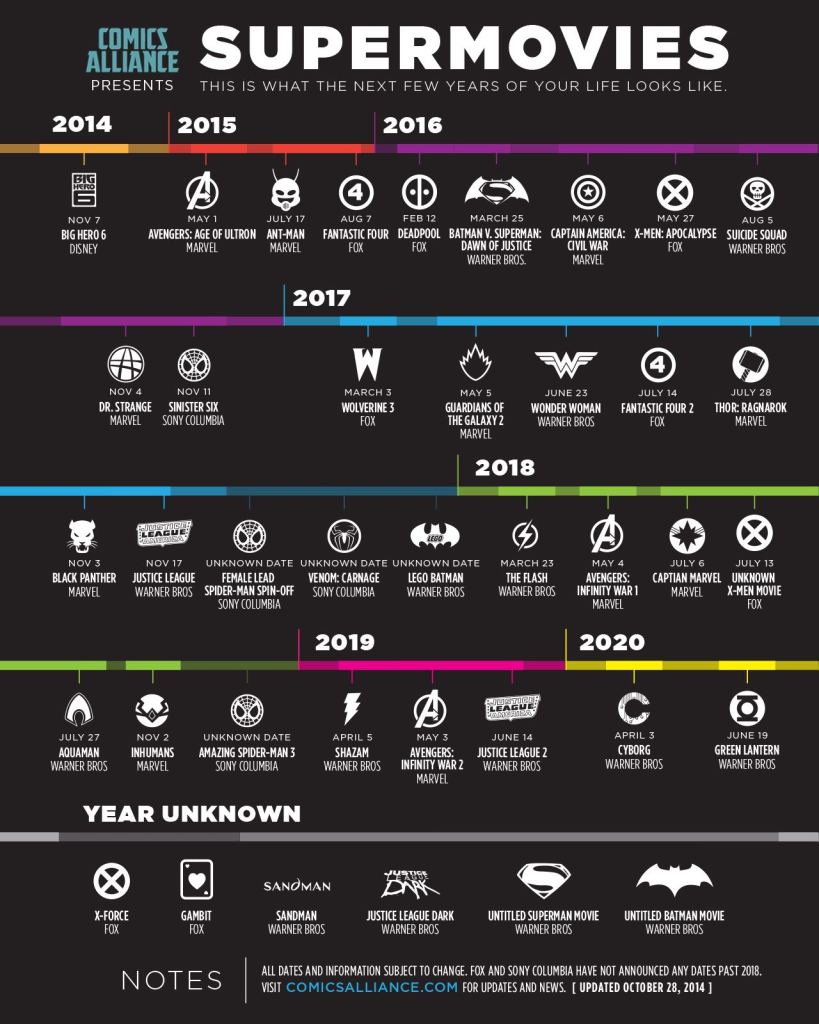


Recent Comments